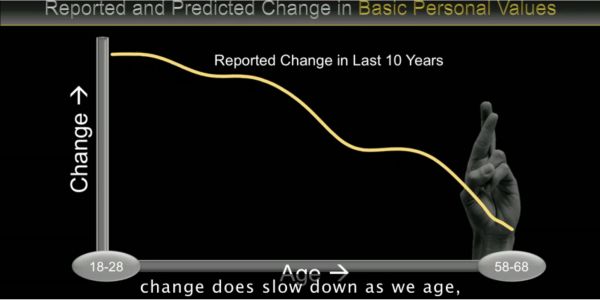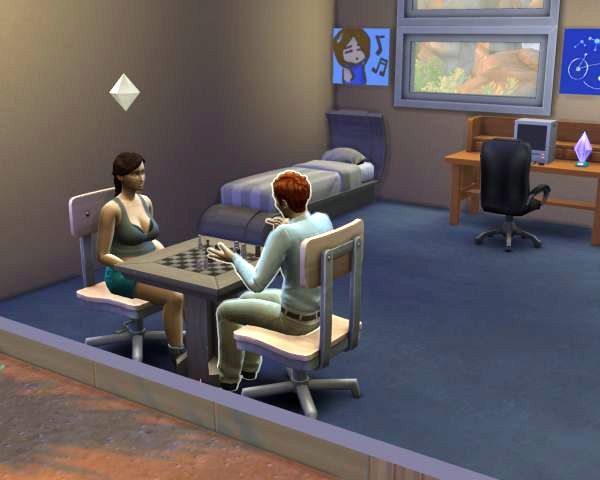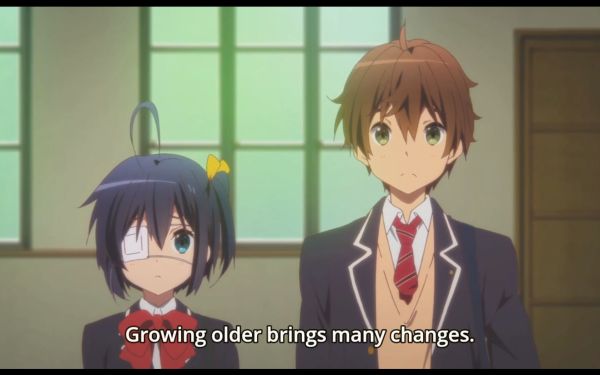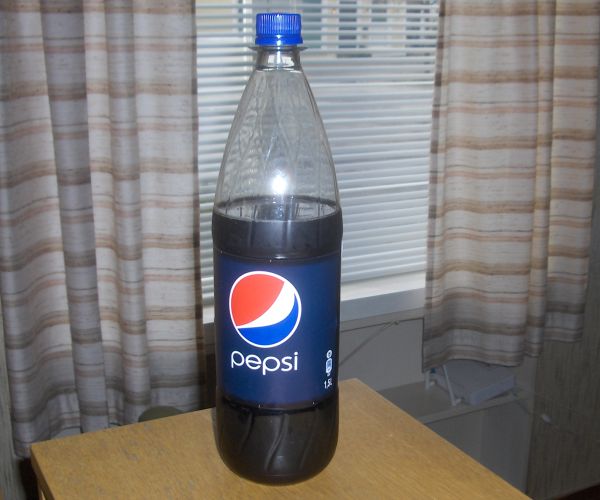
Even death can’t cure idiocy! Well, I am not eager to try that. But self-help books have been tried by many people and the effect is sporadic and moderate.
I sometimes say that if self-help books worked, I would be surrounded by demigods, or “weakly godlike superintelligences” as my old comrade in cerebration (and more recently, published author) Alistair Young sometimes says.
Clearly, most of us are not surrounded by that kind of amazing people. Occasionally there is an amazing person, or at least I have met some fairly amazing people. Some of them are not even relatives. One of my coworkers on my old team is fairly amazing. I suspect he is smarter than I am, as he thinks more quickly and accurately within our shared fields of expertise. That said, it is hard to compare since he is a more proactive person by nature and surrounded by experts, while I am deeply introverted and working in isolation. Still, I suspect he may be more intelligent than me. I hope so. We are not spiders, the stronger spider eating the weaker. I have nothing to lose by having smart coworkers, smart friends, and smart relatives.
It would be wonderful if the people around me could simply buy a self-help book and read it, then instantly (or at least quickly) become more intelligent. Or if not more intelligent, then better at using their abilities in their work or in their interpersonal relationships. It would be good also if they could benefit from the books about how to become healthy, or even happy. All of those things would benefit me even if that was not their purpose. When an individual improves, it benefits his or her allies, even if the alliance is remote and accidental. So I wish that all those around me would become healthy, happy, intelligent and productive.
In reality, the world is more like a hospital run by the patients alone, searching in vain for a doctor or even a nurse to help lessen their pains. Even in Norway, where most of us are rich by world standards, and where money is well distributed and there is good health care and education available, there is so much lack and want. People are lonely and insecure at heart, they crave love but often feel disappointed. And when they get more things, they crave even more, their eyes always on something ahead, like the headlights of a car always staying ahead of you no matter how fast you drive.
***
When someone is very successful, he (or occasionally she) always seems to know the reason. But the reason seems to vary from person to person. It is rarely something obvious, like: “I had good parents who gave me smart genes and a wise upbringing.” Actually, I had that, but it makes for a very short and lousy self-help book if that is all you can think of. “I was born white in a good family and had good teachers” is also pretty poor food for self-help books. Instead, people tend to credit certain decisions they made or habits they built.
Certainly, habits contribute a great deal to the outcome of our lives. But a habit can be good for one person and bad for another. For instance, many highly successful people sleep only 4-5 hours a night. And in some cases, it is even true. Scientists have found a gene that let these people thrive with much less sleep than others. When transplanted to mice, that gene caused the mice to also need less sleep. Mice don’t read self-help books, so it is a safe bet that it was the gene. If you try to sleep less without the gene, you will lose willpower and clarity of mind, you will make more errors, your health will worsen and you may fall asleep at the wheel and kill yourself and others. So what brought success to one person brought ruin and death to another.
What I generally see is that even if a very successful person shares the secrets of their success as objectively as they can and in enough detail to fill a book, very few of the people who read the book become successful, and almost never to a high degree. Certainly many of the highly successful people learn from other greats, but usually they adopt useful practices or principles from different sources and keep those that fit, rather than copying one other person in a kind of “apostolic succession”. Even when working together in a direct mentor relationship, it is rare indeed for the disciple to become like his master.
***
I am not opposed to self-help literature in principle. It makes up some of my favorite literature, and works that made an impression on me. Arguably works like the Dhammapada, the Tao Te Ching, and the Analects can all rightly be called self-help books. Improvement of the reader is also a stated goal in much of western religious literature, included holy Scripture. Indeed, the New Testament blatantly aspires to make its followers perfect, in that exact word. Perfect as the Heavenly Father is perfect. So not just “weakly godlike” even, but strongly godlike. But alas, those who are surrounded by Christians will probably agree that this has not generally been highly successful. (Although I had the pleasure of spending some of my best years with Christians who had a very positive outcome from their Bible study, which is certainly not something you can take for granted with every denomination. And it still took an almost unimaginable dedication.)
It is said that against stupidity the gods themselves fight in vain (“Mit der Dummheit kämpfen Götter selbst vergebens.” -Schiller) and it certainly looks that way when we look at the wider religious communities. So it is no wonder if today’s heroes of thought, from pop psychologists to billionaires, also fail spectacularly at improving the overwhelming majority of their readers.
In the first place, I think most of those who want self-help do not actually want to help themselves but rather to be helped by others. In a metaphor, they want the fish, not learning how to fish. They want the apples, not learning how to grow an apple tree. Those who achieve success usually do it not because they seek the trappings of success (wealth, fame, power) but rather they are desperately dedicated to accomplishing something greater than an ordinary life, even greater than themselves. They want to make the world a better place, or at least a sizable subset of the world. And they want it desperately, to the point that they make sacrifices for it on a regular basis, and make those sacrifices without tears and as a matter of course.
I am not like that, and most likely neither are you, or you would not waste your time on an overly verbose online journal written by some mostly unknown person who, by his own admission, is not entirely neurotypical. But perhaps you see some things more clearly when reading some of my posts. I know I do. So at least I self-help myself. ^_^









